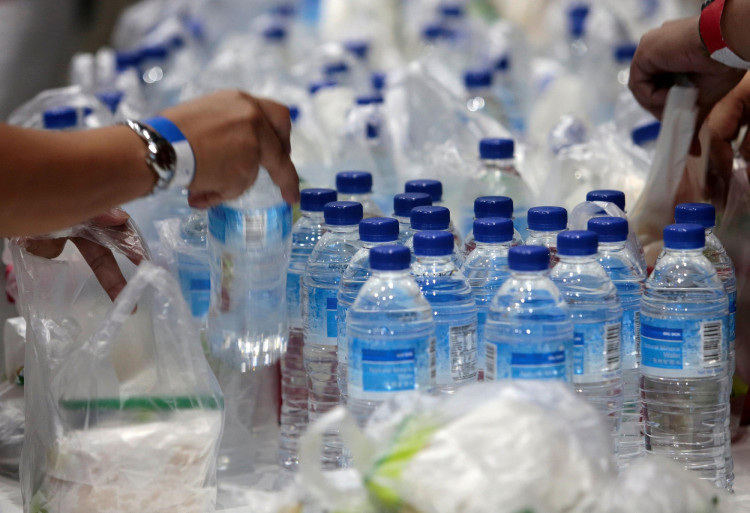Chinese bottled water manufacturer Nongfu Spring is aiming to raise more than $1 billion through its share sale in Hong Kong. The company announced on Monday that it will be selling more than 388 million shares on the Hong Kong Stock Exchange priced at HK$21.50 per share.
Based on the share price indicated on its filing with the city's exchange a day prior to its listing, the company could stand to raise around $1.1 billion. This would make the initial public offering (IPO) the second-largest launched by a food and beverage company this year.
Unlike its competitors that sell purified water, the Hangzhou-based company mainly sells bottled mineral water. Nongfu Spring claimed in its filing that it is the country's number one seller of bottled water. To be fair, the brand has become ubiquitous with bottled water in China. According to London-based research firm Mintel, Nongfu Spring currently holds around a quarter of China's bottled water market.
During its launch, the IPO quickly became the hottest in Hong Kong's history, locking up a record amount of money from interested investors. According to the Hong Kong bourse, the listing retail shares were overbought by a record 1,147 times. This locked up investments of up to HK$677 billion, or roughly $87 billion.
The massive bids on Nongfu's IPO broke the record set by China Railway Construction Corporation (CRCC) in 2008. CRCC's IPO managed to gain bids of more than HK$541 billion during its public debut.
Nongfu Spring initially planned to sell 27 million shares, or about 7 percent of its total IPO, to retail investors. However, the huge demand for its shares resulted in over 707,532 retail bids. This forced the company to allocate some of the shares it had planned to sell to institutional investors to retail investors.
Investors who wanted to buy the company's shares were required to deposit their money for 10 days, slightly longer than the standard lock-up period for typical IPOs. According to the city's monetary authority, the amount of money that was locked up during the offering was equivalent to a third of the total daily capital in circulation in Hong Kong.





